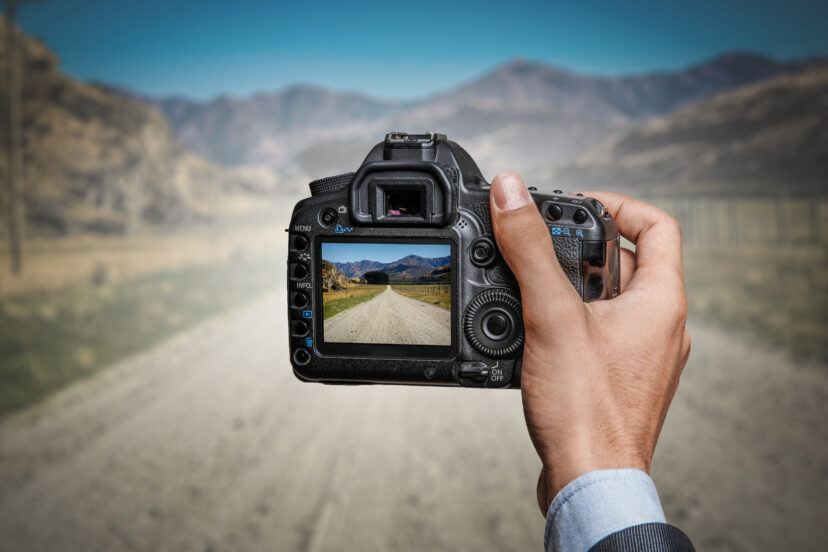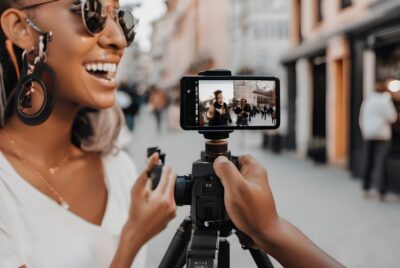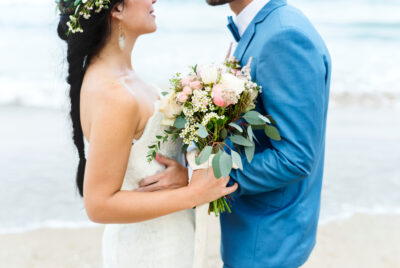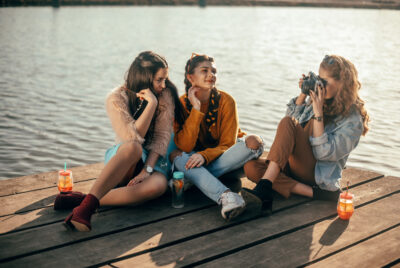Best Starter Camera for Photography
So, you’re thinking about diving into photography—awesome! I still remember the excitement of buying my first real camera. It’s like opening a door to a new world. But let’s be real—choosing your first camera can feel overwhelming. Don’t worry, though. I’m here to walk you through it like a friend who’s already been there.
Why Choosing the Right Starter Camera Matters
You might be tempted to grab the first camera that looks cool or has a bunch of buttons. But starting off with the wrong one can be frustrating. It could sit on a shelf gathering dust because it’s too complex or just not fun to use.
Picking the right starter camera sets the tone for your photography journey. It should excite you to go out and shoot, not confuse or discourage you.
What to Look for in a Beginner Camera
Not all cameras are created equal—especially for beginners. Here’s what you should keep an eye on when you’re shopping around.
Ease of Use
Trust me, you don’t need 200 buttons. A good beginner camera should feel intuitive. Look for one with a user-friendly interface, clear menus, and automatic modes that help you learn as you go.
Interchangeable Lenses
This is a biggie. Cameras that let you change lenses give you room to grow. Want to shoot portraits today and landscapes tomorrow? Just swap the lens and you’re good to go.
Manual Controls
Eventually, you’ll want to shoot in manual mode. A good starter camera should make that transition easy. Dials and buttons should be easy to reach and understand.
Size and Weight
If your camera is bulky, chances are you won’t carry it around. Mirrorless cameras tend to be lighter and more compact—great for shooting on the go.
Budget-Friendliness
You don’t need to spend thousands to get started. There are fantastic options under $1,000 (and even under $700) that offer professional features without the professional price tag.
DSLR vs Mirrorless: Which One Should You Start With?
You’ve probably heard this debate a hundred times. Let me break it down for you.
Pros and Cons of DSLRs
DSLRs are known for their ruggedness and long battery life. They have an optical viewfinder (so you see the scene as it is), and usually have a broader range of affordable lenses.
But they’re bigger and heavier. And as technology evolves, DSLRs are slowly being phased out by manufacturers in favor of mirrorless systems.
Pros and Cons of Mirrorless Cameras
Mirrorless cameras are the future. They’re lighter, more compact, and offer faster shooting speeds. The electronic viewfinder shows you exactly how your shot will look—before you take it.
The downside? Shorter battery life and sometimes fewer budget-friendly lens options (though that’s changing fast).
Top 5 Best Starter Cameras for Photography
Here are my top recommendations based on hands-on experience, performance, and bang for your buck. Click on the camera name to check current prices.
1. Canon EOS Rebel T8i / 850D
Why It’s Great for Beginners
This DSLR has been a favorite for years. It’s easy to use, affordable, and packed with helpful features like guided mode and face detection.
Key Specs
-
24.1MP APS-C sensor
-
Dual Pixel autofocus
-
45-point AF system
-
Fully articulated touchscreen
-
4K video at 24p
2. Nikon Z50
Why It’s Great for Beginners
This mirrorless gem is lightweight, fast, and built with a beginner-friendly layout. Plus, it produces stunning image quality.
Key Specs
-
20.9MP APS-C sensor
-
Eye-detection autofocus
-
4K UHD video
-
Flip-down touchscreen
3. Sony Alpha a6100
Why It’s Great for Beginners
If autofocus matters to you, the a6100 is a beast. It’s super fast and tracks eyes with ridiculous precision—perfect for portraits and street photography.
Key Specs
-
24.2MP APS-C sensor
-
Real-time tracking AF
-
11 fps burst shooting
-
4K video
4. Fujifilm X-T30 II
Why It’s Great for Beginners
This one’s for the stylish shooters. It looks vintage but packs modern punch. The film simulation modes are a blast for creative shots.
Key Specs
-
26.1MP APS-C X-Trans sensor
-
Beautiful color profiles
-
Fast and accurate AF
-
4K video
5. Olympus OM-D E-M10 Mark IV
Why It’s Great for Beginners
Lightweight, stabilised, and super beginner-friendly. This camera is perfect for travel and casual shooting.
Key Specs
-
20.3MP Micro Four Thirds sensor
-
In-body image stabilization
-
Flip-down screen for vlogging
-
Compact and stylish body
Extra Gear to Consider as a Beginner
Your camera’s just the start. Here are a few essentials to make your journey smoother.
Lenses
A kit lens is fine, but eventually you’ll want more. A 50mm f/1.8 is a great first upgrade—sharp, fast, and affordable.
Tripod
Especially useful for low-light shots, time-lapses, or selfies. Look for something lightweight but sturdy.
Memory Cards and Storage
Get at least two fast SD cards. And always back up your photos—cloud storage or an external hard drive is a must.
Editing Software
Start with free apps like Snapseed or Lightroom Mobile. Eventually, you might want to dive into Adobe Lightroom or Photoshop.
Mistakes to Avoid When Buying Your First Camera
Let’s not learn the hard way.
-
Don’t overspend on features you won’t use.
-
Don’t ignore ergonomics—if it doesn’t feel good in your hands, you won’t want to use it.
-
Don’t forget about the cost of accessories like lenses, batteries, and bags.
-
Don’t buy based solely on specs. Read reviews, watch YouTube comparisons, and (if you can) try before you buy.
Final Thoughts: Picking the Right Camera for You
At the end of the day, the best starter camera is the one that fits your needs and makes you want to go out and shoot. Whether you choose a DSLR like the Canon T8i or go mirrorless with the Sony a6100, the important thing is to start. Learn, experiment, fail a little, and grow a lot.
Photography is a journey—and choosing your first camera is just the first step. You’ve got this!
FAQs
1. What is the best starter camera under $700?
The Canon EOS Rebel T8i and Sony a6100 are both excellent options in this range, offering great image quality and user-friendly interfaces.
2. Should I buy a used camera as a beginner?
Yes, if you’re on a tight budget. Just make sure to buy from reputable sellers and check the shutter count and condition.
3. Can I start photography with just a smartphone?
Absolutely. Smartphones are a great place to start, but a dedicated camera will give you more control and room to grow.
4. What type of photography is best for beginners?
Start with everyday subjects—landscapes, portraits, street scenes. Don’t worry about niche styles right away.
5. How long will a beginner camera last me?
Most entry-level cameras can easily last 5–7 years or more. And the skills you learn will last a lifetime.
Further reading
Check out our other relevant articles:
Mirrorless vs DSLR: Right Choice for Your Photography Needs?
Best Cameras for Photography: My Top Picks and Why You’ll Love Them
Here are two reputable resources offering educational guidance and commentary related to selecting the best starter camera for photography:
-
Digital Camera World – Best Camera for Beginners 2025
This comprehensive guide provides expert reviews and comparisons of top entry-level DSLR, mirrorless, and compact cameras suitable for beginners. It covers key features, specifications, and user-friendly aspects to help new photographers make informed decisions. -
Digital Photography School – A Beginner’s Guide to Buying a Camera
This article offers a step-by-step approach to choosing your first camera, discussing important factors like budget, intended use, ease of use, and future growth. It’s tailored to help beginners understand what to look for when purchasing a camera.
These resources complement the information provided in the article and can further assist you in selecting the ideal starter camera for your photography journey.
.




